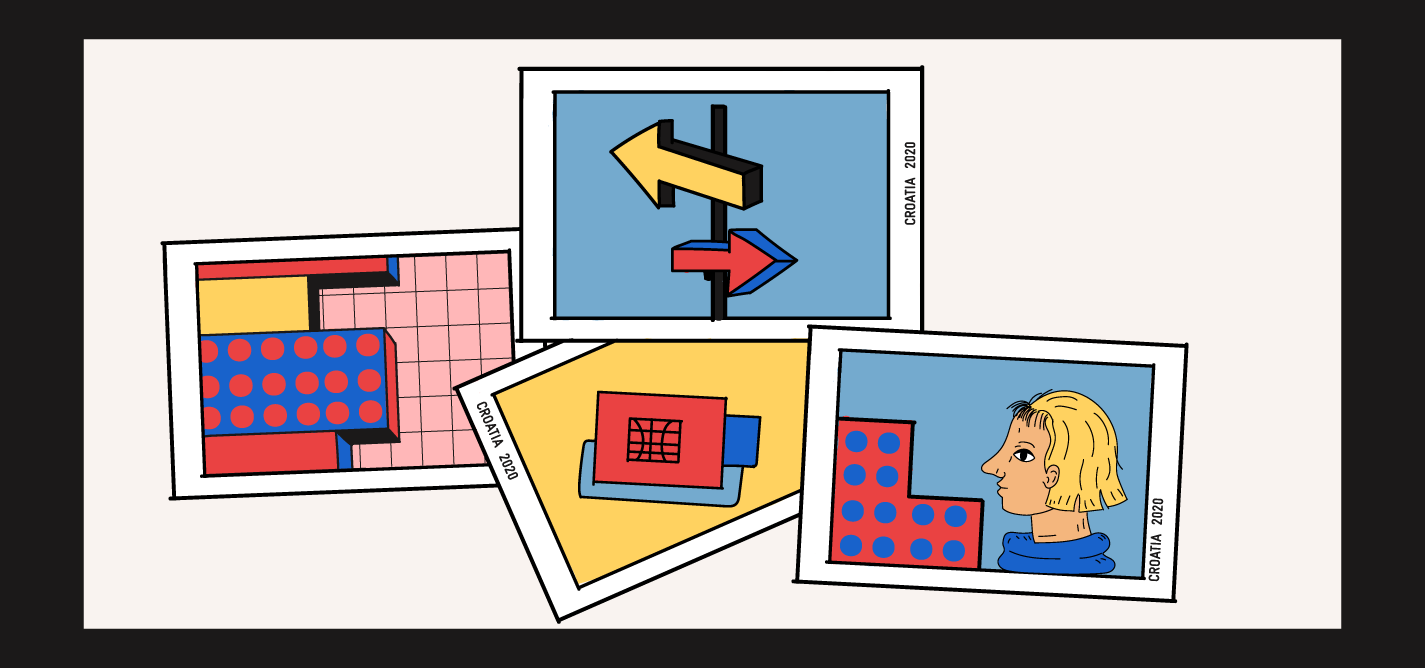
An honest postcard from Croatia
Passports, earthquakes, culture and the future.
The grass isn't always greener on the western point of the Balkans.
My utopian vision of curating amazing exhibitions collapsed along with the earthquake.

Hana Katanić
Hana Katanić is a student at the Faculty of Humanities and Social Sciences in Zagreb and is currently working on her master’s thesis. She has conducted numerous art exhibitions and is working toward becoming an independent curator.
This story was originally written in English.